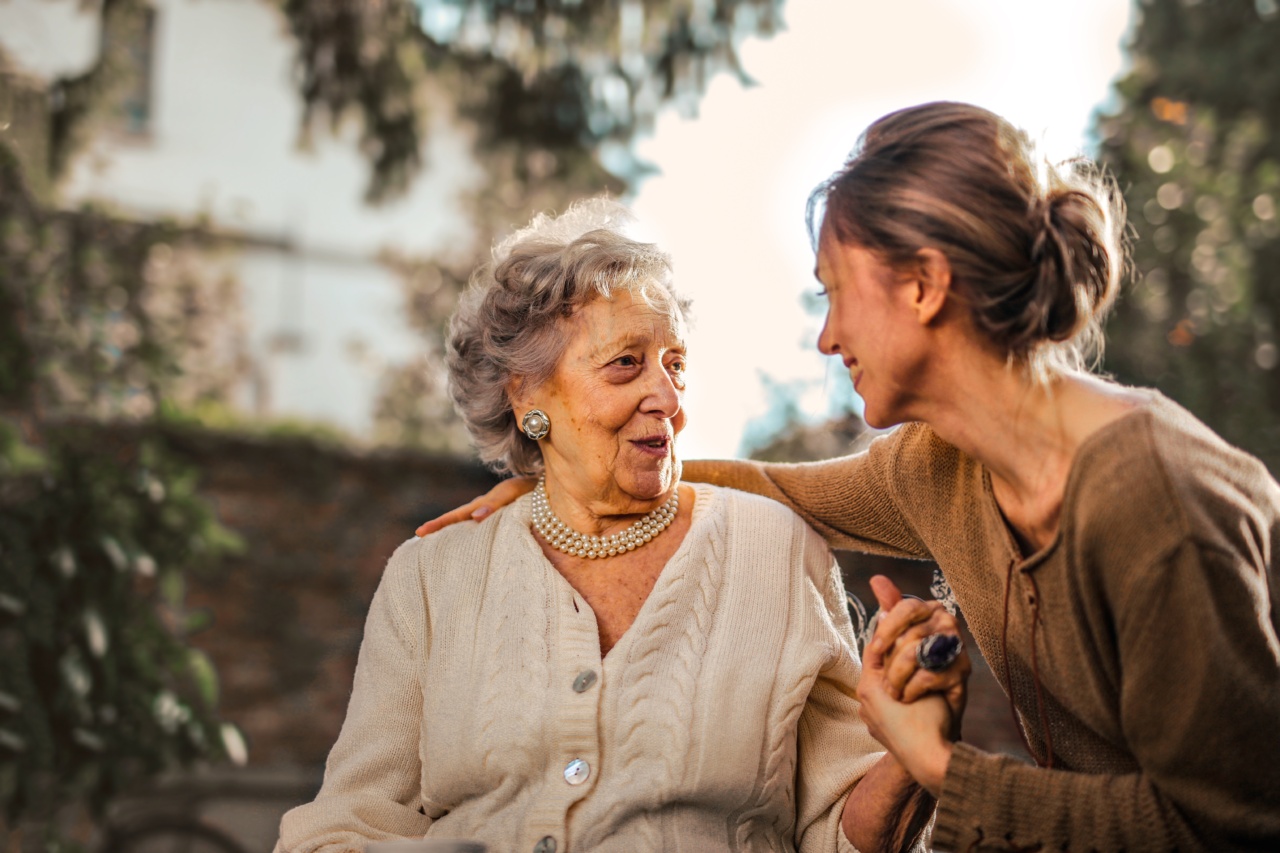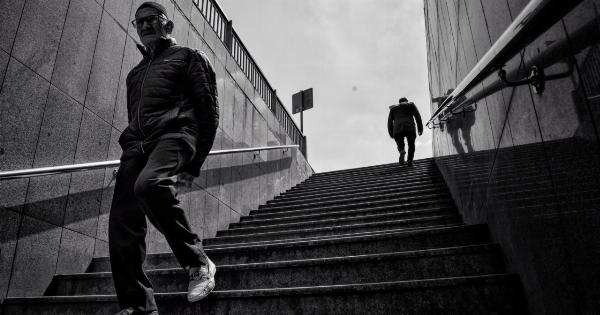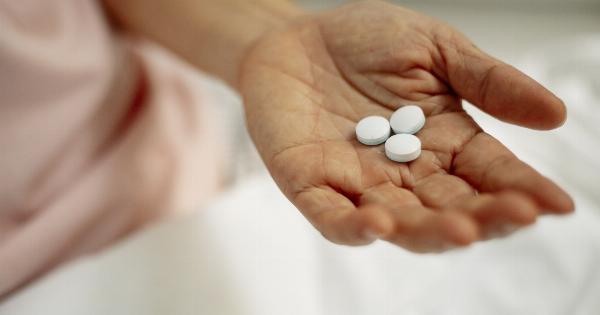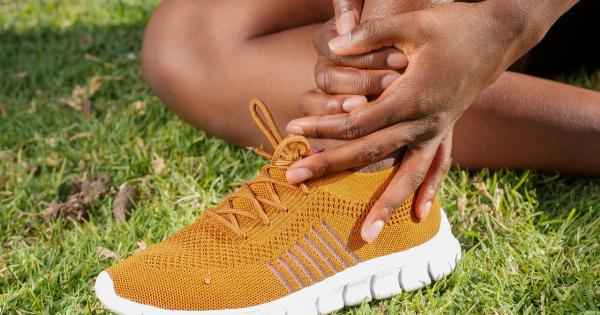Summer is a wonderful time to enjoy outdoor activities and spend time in nature, but it can also be a challenging time for seniors.
As summer temperatures rise, seniors become increasingly vulnerable to heat-related illnesses and other conditions that are more commonly seen during this time of year. In this article, we will explore some of the common causes of summer falls in the elderly and provide some prevention methods to help keep seniors safe and healthy during the warmer months.
The Importance of Staying Hydrated
One of the most important things for seniors to do during the summer is to stay hydrated. When the body becomes dehydrated, it can lead to a range of health problems, including dizziness, confusion, and falls.
Seniors are particularly vulnerable to dehydration because their bodies are less efficient at regulating temperature and retaining fluids. To prevent dehydration, seniors should drink plenty of water throughout the day, even if they don’t feel thirsty. They should also avoid alcohol and caffeine, which can both contribute to dehydration.
The Dangers of Heat Exhaustion and Heatstroke
Seniors are more susceptible to heat-related illnesses than younger people, and they can be particularly at risk during a heatwave. Heat exhaustion and heatstroke are two serious conditions that can occur when the body becomes overheated.
Symptoms of heat exhaustion include dizziness, weakness, nausea, and headache. Heatstroke is a more serious condition that can cause confusion, seizures, and even loss of consciousness.
To prevent heat exhaustion and heatstroke, seniors should stay indoors during the hottest part of the day, wear light-colored clothing, and use fans or air conditioning to stay cool.
The Risks of Sunburn and Skin Damage
Another common problem that seniors face during the summer is sunburn and skin damage. Sunburn can be painful and can increase the risk of skin cancer. Seniors have thinner and more delicate skin, which makes them more vulnerable to sunburn.
To prevent sunburn, seniors should apply sunscreen with a sun protection factor (SPF) of at least 30 every day, even on cloudy days. They should also wear protective clothing, such as long-sleeved shirts and wide-brimmed hats, to reduce their exposure to the sun.
The Importance of Proper Footwear
Proper footwear is essential to prevent summer falls in the elderly. As we age, our sense of balance and coordination can decline, which can increase the risk of falls. Wearing shoes with good support and traction can help to prevent falls and injuries.
Seniors should avoid wearing flip-flops and sandals, which can be unstable and can cause tripping. Closed-toe shoes with a non-slip sole are the best choice for seniors during the summer.
Preventing Insect Bites and Stings
Insect bites and stings can be a nuisance for anyone, but they can be particularly dangerous for seniors. Some insects, such as bees and wasps, can cause allergic reactions that can be life-threatening.
To prevent insect bites and stings, seniors should avoid areas where insects are likely to be found, such as tall grass and wooded areas. They should also wear long sleeves and pants to protect their skin. Insect repellent can also be used to keep insects away, but seniors should check with their doctor to make sure it is safe to use with any medications they are taking.
The Importance of Proper Nutrition
Proper nutrition is essential for seniors during the summer. Eating a healthy and balanced diet can help to keep seniors hydrated and energized.
Seniors should eat plenty of fruits and vegetables, which contain water and other nutrients that are important for overall health. They should also avoid heavy meals and fatty foods, which can be difficult to digest and can increase the risk of dehydration.
Staying Active
Staying active is important for seniors during the summer, but it is also important to be cautious. Exercising in extreme heat can be dangerous, so seniors should plan their activities for cooler parts of the day, such as early morning or late evening.
Low-impact exercises, such as walking or swimming, can be a great way for seniors to stay active without putting too much strain on their bodies.
The Importance of Regular Checkups
Regular checkups with a doctor can help to prevent summer falls in the elderly. Seniors should have their blood pressure, vision, and hearing checked regularly to detect any potential health problems.
They should also talk to their doctor about any medications they are taking, as some medications can increase the risk of dehydration and other heat-related illnesses.
Conclusion
Summer can be a challenging time for seniors, but with the right precautions, it can also be an enjoyable and healthy season.
Staying hydrated, protecting the skin from sunburn, wearing proper footwear, and staying active are all important ways to prevent summer falls in the elderly. By taking these precautions and regularly checking in with a doctor, seniors can stay safe and healthy during the warmer months.





























